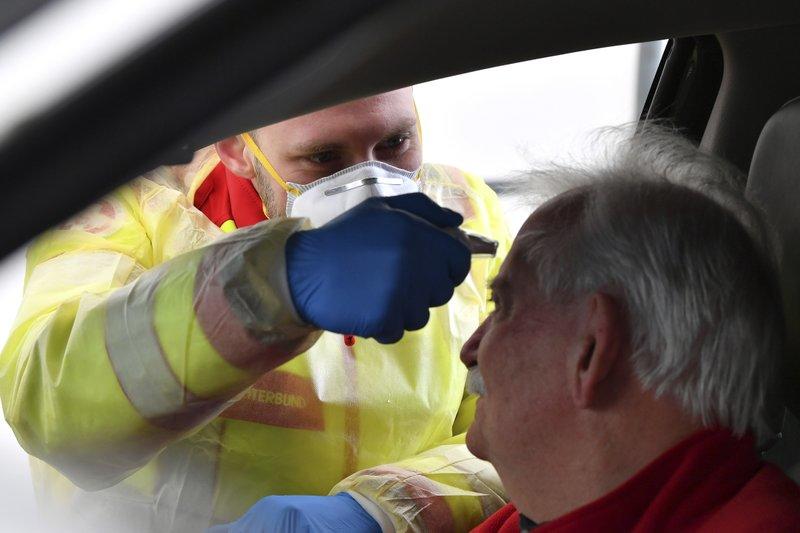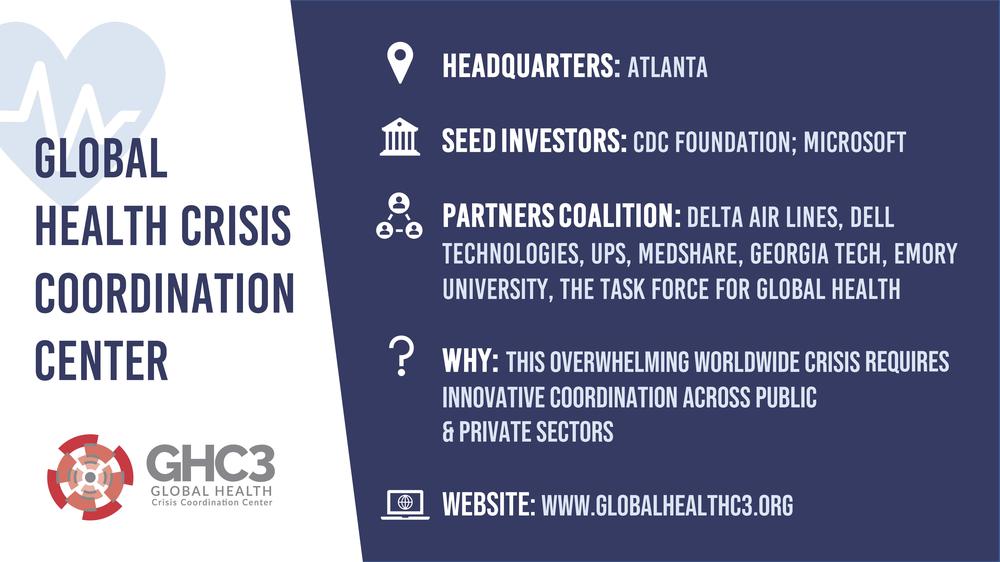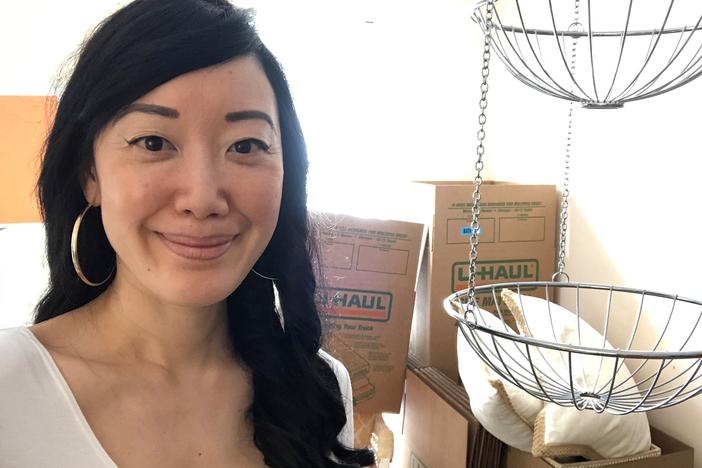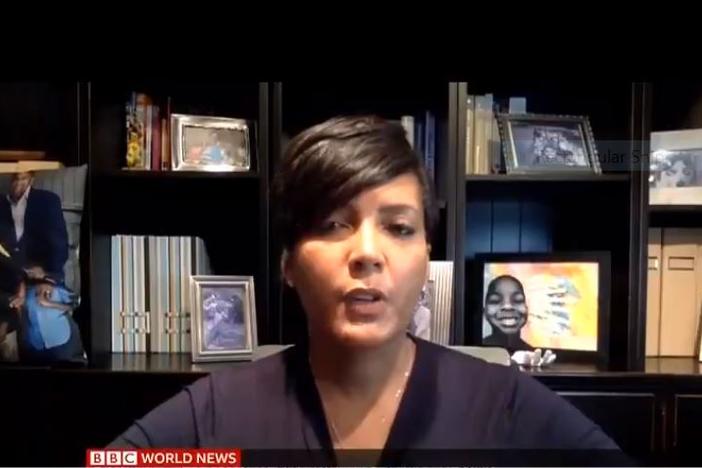WATCH LIVE | The Atlanta Press Club Loudermilk-Young Debate Series: Congressional District Three (R) At 1 P.M.
Section Branding
Header Content
Global Health Crisis Center Launches In Atlanta
Primary Content
Getting needed supplies to hospitals has been a major challenge for governments around the world during the coronavirus pandemic.
The Centers for Disease Control and Prevention Foundation and Microsoft launched the Global Health Crisis Coordination Center this week in Atlanta.
The new collaboration between academia, private businesses and the non-profit sector has been in the works for 18 months. It was prompted to launch early as the coronavirus pandemic hit the U.S. GPB's Rickey Bevington speaks with Ken Berta, Executive Director of the Global Health Crisis Coordination Center. It launched this week in Atlanta with seed funding from the Centers from Disease Control and Prevention Foundation and Microsoft.
Executive Director Ken Berta joined GPB’s Rickey Bevington to explain the role of private companies in a public health crisis.
This conversation has been edited for clarity and conciseness
Ken Berta: As an example, we have entrepreneurs and large companies that come to the fore to say, "I would like to fund getting masks for some of the frontline workers." We then work with regional hospitals to find out if there is a need. Is there a need at maybe shelters or other areas that haven't gotten supplies yet from FEMA or the CDC? We can try to leverage our supply chains to fill that gap.
Rickey Bevington: So it's really supply chain expertise, right? Are you sourcing from all over the world?
Berta: We are able to find, through the network, ventilators in China. We found a thousand ICU ventilators out of China that we were able to connect with the governor's offices of four states and the British government for that matter.
Bevington: Why is Atlanta the right place to house this kind of effort?
Berta: Mainly the CDC. As you know, it's the only federal agency that's not headquartered in Washington D.C. It's based in Atlanta. With all the public health talent and clinical talent that draws to the Atlanta region, there's a wealth of health care professionals in Atlanta. You add that to just the transportation horsepower of having the largest airport with Delta, UPS and several large companies [like] Coca-Cola, just headquartered in the Atlanta region. If there was an emergency where we had to move water, Coca-Cola can help with that, [and] Home Depot, for moving product in case there's a hurricane. UPS and Delta have been instrumental in helping us shore up the supply chain where planes and transportation is needed. So having that kind of capability, along with Emory University and Georgia Tech and a lot of the capabilities in the academic centers that we have there in Atlanta, it just made a lot of sense to drop it there.
Bevington: At some time, this whole pandemic is actually going to come to a close. It's hard to believe right now as you and I speak to each other from our respective homes. But there may be another one. How are you preparing for the next time?
Berta: So the Atlanta community that really built this out - in conjunction with the CDC Foundation but also the global health initiatives that were already happening in the Atlanta region - have done about 18 months of planning on how we can support this. So what we're doing now is trying to figure out: where did we find supplies in an emergency and can we build a data set that allows us to find those again when the next crisis hits? Looking forward into what were some of the pandemic responses that we could support? [Or] getting in front of perhaps technology companies that can supply information-gathering technology to us in advance, rather than on the fly while we're in a crisis mode. We also have planning and education activities that we'll roll out, into what we've learned. And how we educate public health officials and companies on how to protect themselves and support each other in times of crisis.
Secondary Content
Bottom Content






